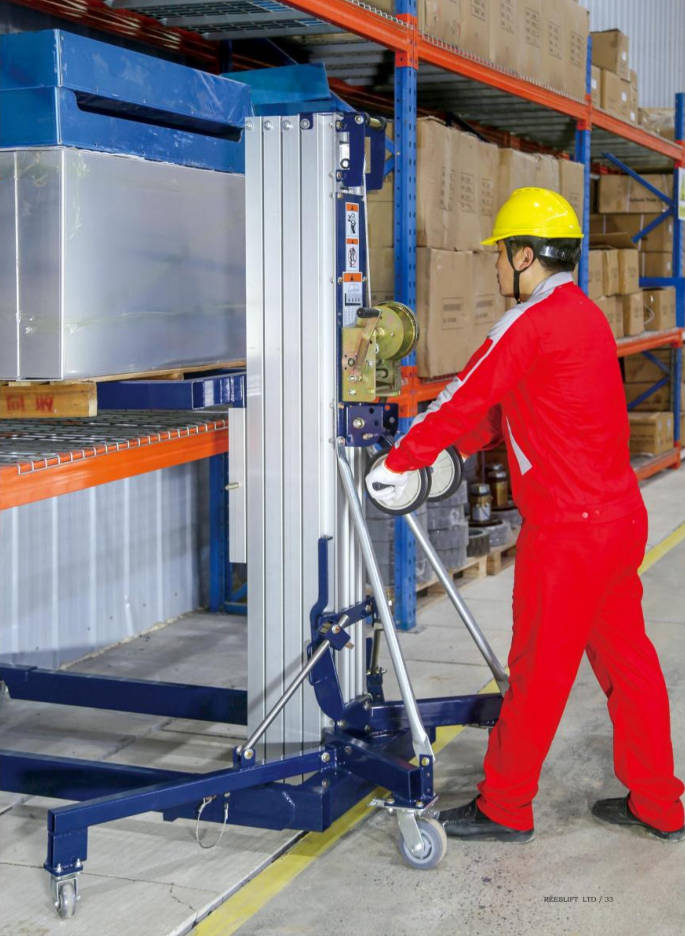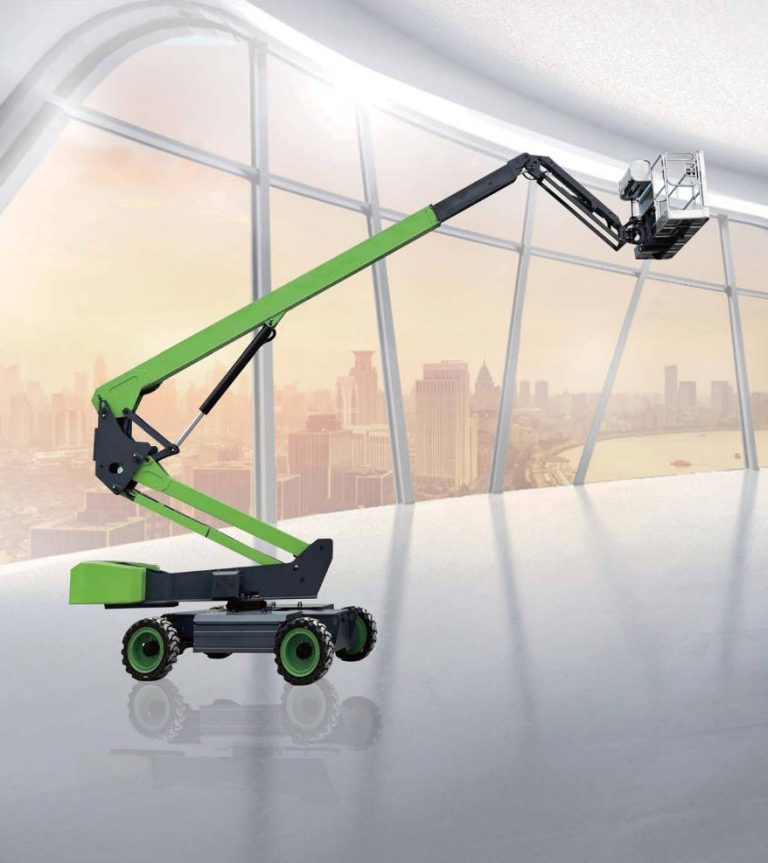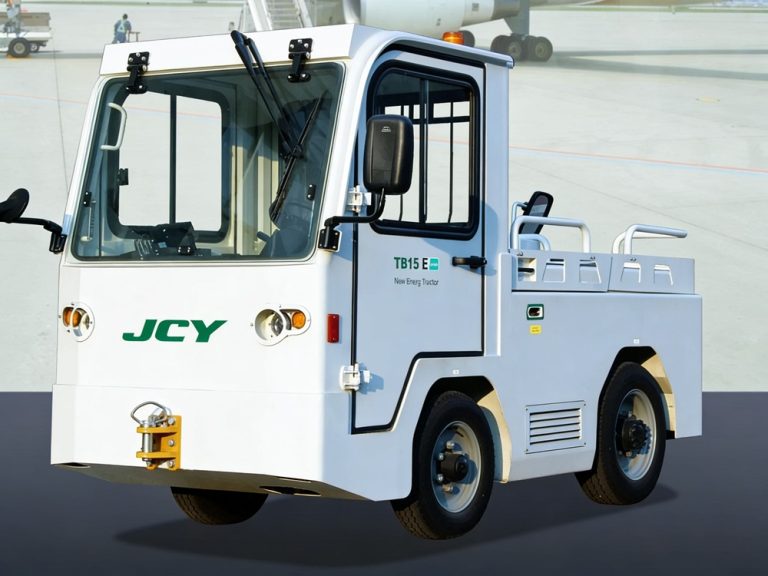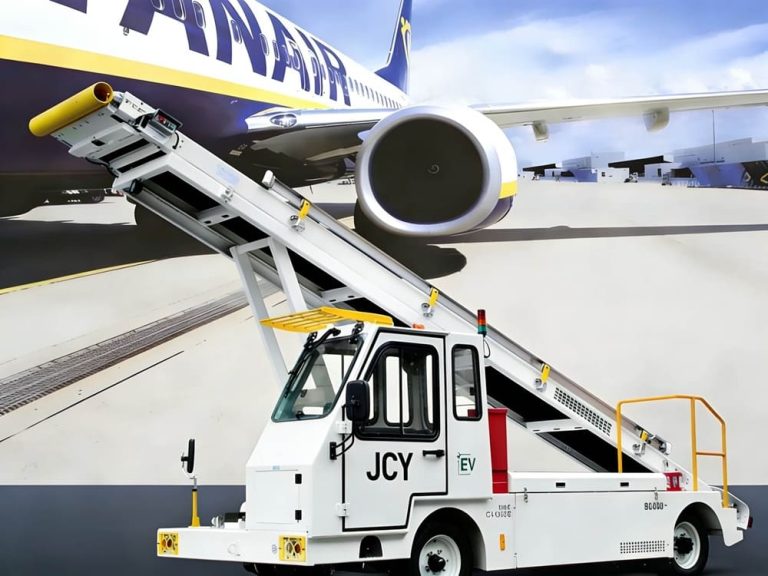Hey there, if you’re running a warehouse, construction site, or any spot where heavy lifting is part of the daily grind, you’ve probably wrestled with this question: which forklift power source really saves you money in the long run? We’re talking LPG, diesel, or electric. It’s not just about the sticker price—it’s the whole picture, from fuel bills to downtime headaches. I’ve been around the block in material handling, and let me tell you, picking the wrong one can nickel-and-dime you over time. In this post, we’ll break it down step by step, using real numbers and scenarios, so you can figure out what’s best for your setup. Stick around; by the end, you’ll have a clearer idea on LPG vs diesel vs electric forklifts and which one is truly the most cost-effective.
Understanding the Basics of Forklift Power Sources
Before we dive into the dollars and cents, let’s get everyone on the same page about what these machines actually are. No fluff—just the essentials.
What Are LPG Forklifts?
LPG forklifts run on liquid propane gas, that stuff in those blue cylinders you see at barbecues, but beefed up for industrial use. They’re versatile beasts, good for indoor spots with decent airflow or outdoor jobs. Think of them as the middle child: not as polluting as diesel, but punchier than electric in some ways. They handle loads from 1.5 tons up to 10 tons or more, depending on the model, and refuel in minutes by swapping tanks. I’ve seen them in action at distribution centers where quick turns are key—no waiting around like with batteries.
Diesel Forklifts: The Heavy Hitters
Diesel ones are the workhorses for outdoor, rough-terrain gigs. Powered by diesel engines, they crank out high torque for loads starting at 1.5 tons and going way up to 48 tons in heavy-duty models. Great for construction yards or ports where you need to haul massive stuff like containers. But yeah, they guzzle fuel and belch exhaust, so indoors? Forget it unless you’ve got killer ventilation. Refueling’s fast, though—just pull up to the pump.
Electric Forklifts: Clean and Quiet
Electric forklifts use batteries—lead-acid or lithium-ion—to zip around. They’re kings of indoor warehouses, lifting 1 to 12 tons without a peep. Charge ’em up overnight, and they’re ready. But outdoors in the rain? Not so much, unless weatherproofed. Performance dips on slopes, and if your shift runs long, you might need spare batteries to avoid downtime.
Okay, quick aside: I once chatted with a buddy in logistics who switched to electric thinking it’d save big, but forgot about his hilly yard. Ended up backpedaling. Lessons learned, right?
Breaking Down the Upfront Costs
Let’s talk money right out of the gate. The initial hit to your wallet varies, and it’s not always what you expect.
- Electric Forklifts: These can sting upfront, often 20-30% more than diesel or LPG due to fancy batteries and chargers. For a 3-ton model, you’re looking at $25,000 to $40,000, plus maybe extra for a charging station. But hey, some come with the battery included—always check.
- Diesel Forklifts: Cheaper to buy, say $20,000 to $35,000 for that same 3-ton capacity. No big add-ons needed; just fuel up and go. Popular for budgets that can’t swing the electric premium.
- LPG Forklifts: Often the bargain bin here, starting around $18,000 to $30,000. You’ll need a safe spot for tanks, but that’s minor compared to battery setups.
In a nutshell, if cash is tight, LPG or diesel might win day one. But remember, that’s just the buy-in.
| Forklift Type | Typical Upfront Cost (3-Ton Model) | Key Add-Ons |
| Electric | $25,000 – $40,000 | Battery, charger, ventilated charging area |
| Diesel | $20,000 – $35,000 | None major |
| LPG | $18,000 – $30,000 | Tank storage area |
Ongoing Operational Costs: Where the Real Savings Hide
This is where it gets juicy. Upfront is one thing, but fuel, maintenance, and downtime? That’s the ongoing battle.
Fuel-wise, electrics shine. They sip electricity—about $1-2 per full charge for an 8-hour shift, versus $5-10 for diesel or LPG on the same job. Over a year, that’s thousands saved if you’re indoors. But batteries wear out after 1,500-2,000 cycles, costing $5,000+ to replace.
Diesel? Fuel’s pricier and volatile—think $4-6 per gallon, and a 3-ton unit might burn 2-3 gallons per hour on heavy lifts. Add oil changes every 200 hours, filters, and you’re at $2,000-3,000 yearly maintenance. Emissions regs might force upgrades too.
LPG strikes a balance. Gas runs $2-4 per tank (about 8-10 hours of work), cleaner burn means less engine gunk, so maintenance dips to $1,500-2,500 a year. No big fluid swaps like diesel. Plus, quick refuels mean less idle time—huge in busy ops.
From experience, in a mixed indoor-outdoor warehouse, LPG often edges out on costs. Electric’s cheap to run but downtime during charges kills productivity. Diesel? Great power, but those fuel bills add up fast in high-use spots.
Performance and Suitability for Your Daily Grind
Cost-effective doesn’t mean squat if it can’t do the job. Let’s match ’em to real scenarios.
For heavy outdoor work, like a lumber yard hauling 5-ton loads over mud, diesel’s your guy. High torque handles uneven ground, and they run long shifts without breaks. But noise and fumes? Annoying for operators.
Indoors, electric rules—quiet, no emissions, perfect for food storage or tight aisles. Maneuver like a dream, but watch gradients; they struggle compared to gas-powered.
LPG? Jack-of-all-trades. Use ’em inside with ventilation or out in the elements. Good power-to-weight, consistent delivery. In potato farming or logistics hubs, where you switch from barn to field, they’re gold. Emit less CO2 than diesel, too—handy if you’re eyeing green creds.
One time, I saw a factory flip to LPG from diesel; cut emissions by half and kept the same lift power. Small win, but it mattered for their audits.
Environmental Impact: Because It Matters These Days
Nobody wants to be the polluting villain. Electric forklifts? Zero tailpipe emissions—great for air quality. But battery production and disposal? Not so green upstream.
Diesel chugs out CO2, particulates—bad for health and planet. In construction, they’re common, but regs are tightening.
LPG burns cleaner, less soot, lower CO2 than diesel. Still fossil fuel, but a step up. If your biz aims for lower carbon footprint without full electric switch, it’s a solid middle ground.
Real-World Examples: Putting It All Together
Picture this: A mid-size warehouse handling 3-ton pallets, mixed indoor-outdoor. Electric might save $5,000/year on fuel but add $2,000 in battery swaps every few years, plus downtime. Total five-year cost: around $100,000.
Same spot with diesel: Higher fuel at $8,000/year, maintenance $3,000, but no downtime issues. Five-year tally: $120,000-ish.
LPG? Fuel $6,000/year, maintenance $2,000, quick swaps. Comes in at $95,000 over five years. Often the winner for versatility.
Or take a port with 20-ton loads. Diesel dominates—handles the torque, runs all day. Electric can’t touch that capacity outdoors yet.
Yeah, numbers vary by location—fuel prices in California vs. Texas make a difference. Always crunch your own.
Introducing JinChengYu FORKLIFT: Your Go-To LPG Forklift Supplier
If LPG sounds like your sweet spot after all this, check out JinChengYu FORKLIFT. Based in Qingdao, Shandong Province, with killer access to shipping routes, they’re pros in material handling gear. They crank out a full lineup of LPG forklifts, from 1.5-ton zippers to heavy-duty 10-ton models, all built tough for global markets. What sets ’em apart? That “continuous improvement, pursuit of excellence” vibe means top-notch after-sales support, rentals, and parts. They’ve got a solid network for sales and service worldwide, focusing on quality that lasts. Whether you’re in warehousing or construction, their LPG options deliver reliable power with lower costs. Worth a look if you’re gearing up.
Conclusion
Wrapping this up, when pitting LPG vs diesel vs electric forklifts, the most cost-effective choice boils down to your setup. Electric wins for clean, indoor efficiency; diesel for raw outdoor power; but LPG often takes the crown for balanced costs, versatility, and lower long-term bills in mixed environments. Factor in your loads, terrain, and budget—maybe run a quick calc. It could save you a bundle.
FAQs
What factors should I consider when comparing LPG vs diesel vs electric forklifts for cost-effectiveness?
Start with your environment—indoor, outdoor, or both? Then tally upfront buys, fuel, maintenance. For instance, LPG might edge out if you need quick refuels without high diesel emissions.
Is an LPG forklift more cost-effective than diesel for heavy-duty outdoor work?
Not always. Diesel handles bigger loads like 20-25 tons better in rough spots, but LPG can be cheaper on fuel and upkeep for mid-range tasks, say 3-5 tons, with less environmental hassle.
How do electric forklifts stack up in cost against LPG and diesel over five years?
Electrics save on daily runs but factor battery replacements. In a warehouse, they might undercut LPG by 10-15% on energy, but add downtime. Diesel could cost more in fuel volatility.
Which is better for reducing emissions while staying cost-effective: LPG vs diesel vs electric forklifts?
Electric’s zero at use, but LPG cuts CO2 over diesel by up to 20% with similar power. It’s a practical pick if full electric’s too pricey upfront.
Can switching to LPG from diesel make my operation more cost-effective long-term?
Yeah, often—cleaner burn means less maintenance, fuel’s steadier priced. In a mixed-use factory, you could shave 15-20% off yearly costs, based on real switches I’ve seen.











